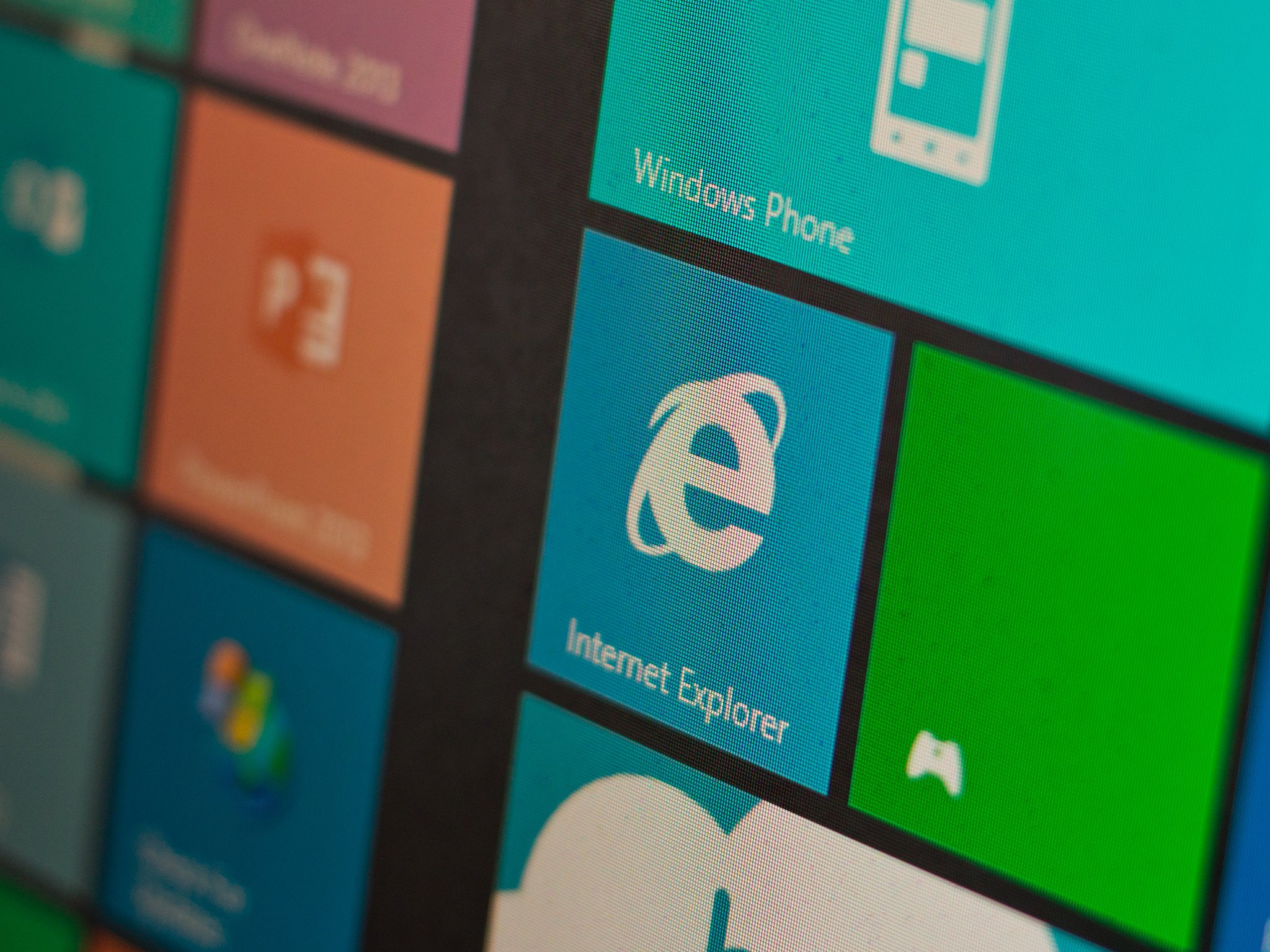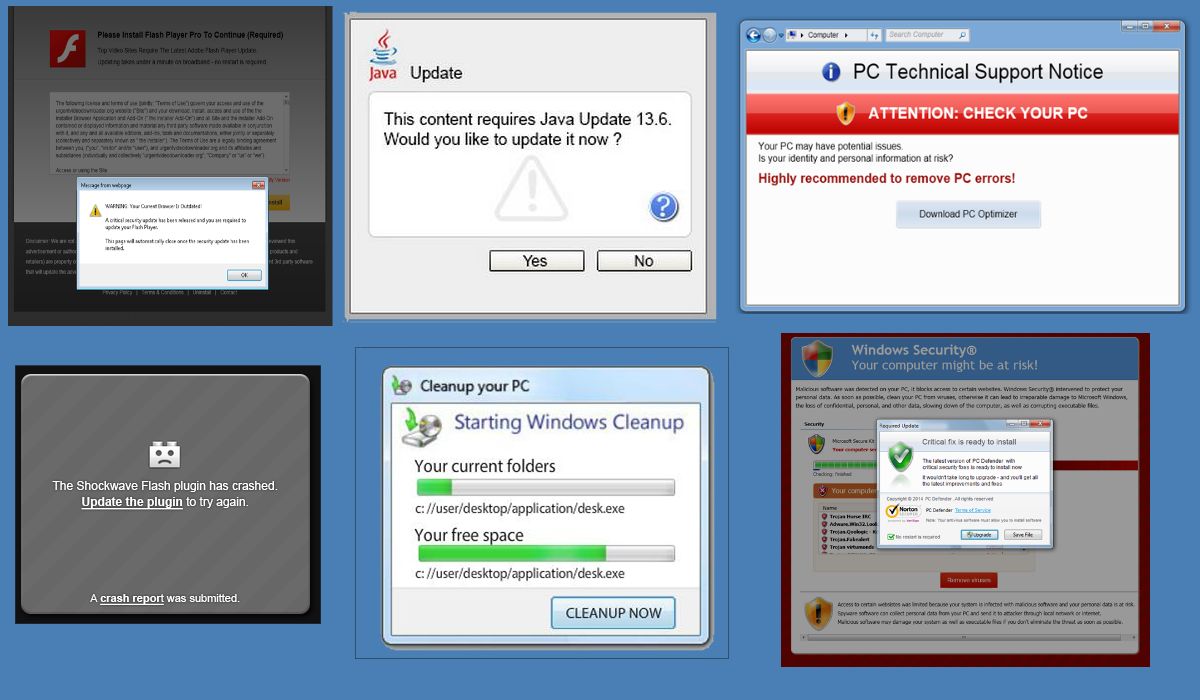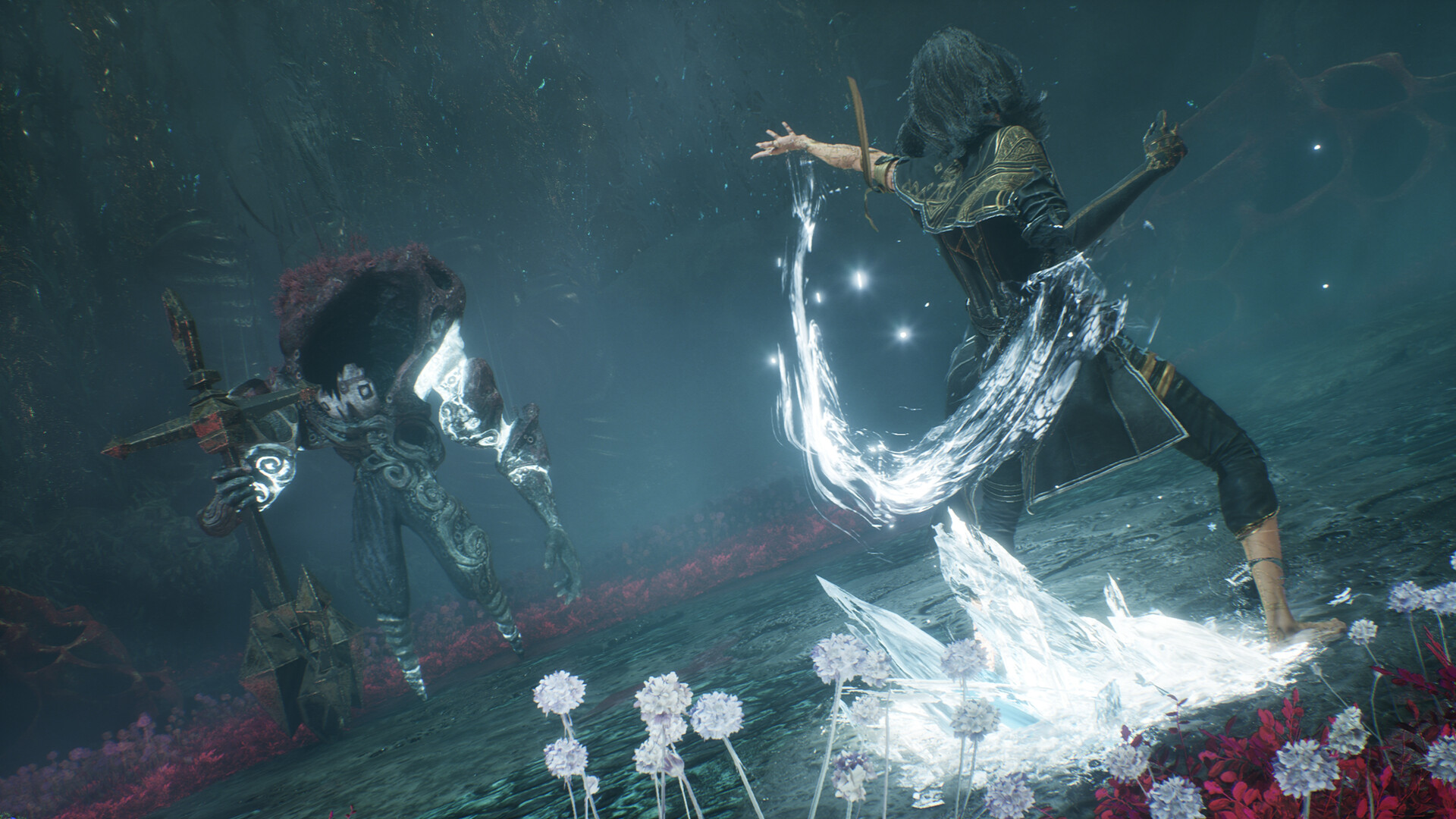Microsoft will crack down on misleading ad banners with new Internet Explorer filters

Microsoft will be cracking down on web banner ads that are designed to be misleading and could deliver malicious software or content in the near future. The company has updated its unwanted software evaluation criteria, and will start enforcing those changes on June 1 via the SmartScreen Filter in Internet Explorer.
Microsoft says:
There has been a recent increase in the number of online advertisements that are intentionally misleading in nature. We've found that these types of advertisements often try to convince a user to do something, the consequences of which they may not fully understand, such as visiting an infected website or downloading a program that can negatively impact their browsing experience.

Here is what web banner ads must not do under Microsoft's new criteria:
- Must not mislead or deceive, or confuse with the intent to mislead or deceive
- Must be distinguishable from website content
- Must not contain malicious code
- Must not invoke a file download
Under the changes, Internet Explorer will issue a warning when the SmartScreen Filter detects what it believes to be a misleading ad banner, such as the examples shown above.
Source: Microsoft
Get the Windows Central Newsletter
All the latest news, reviews, and guides for Windows and Xbox diehards.

